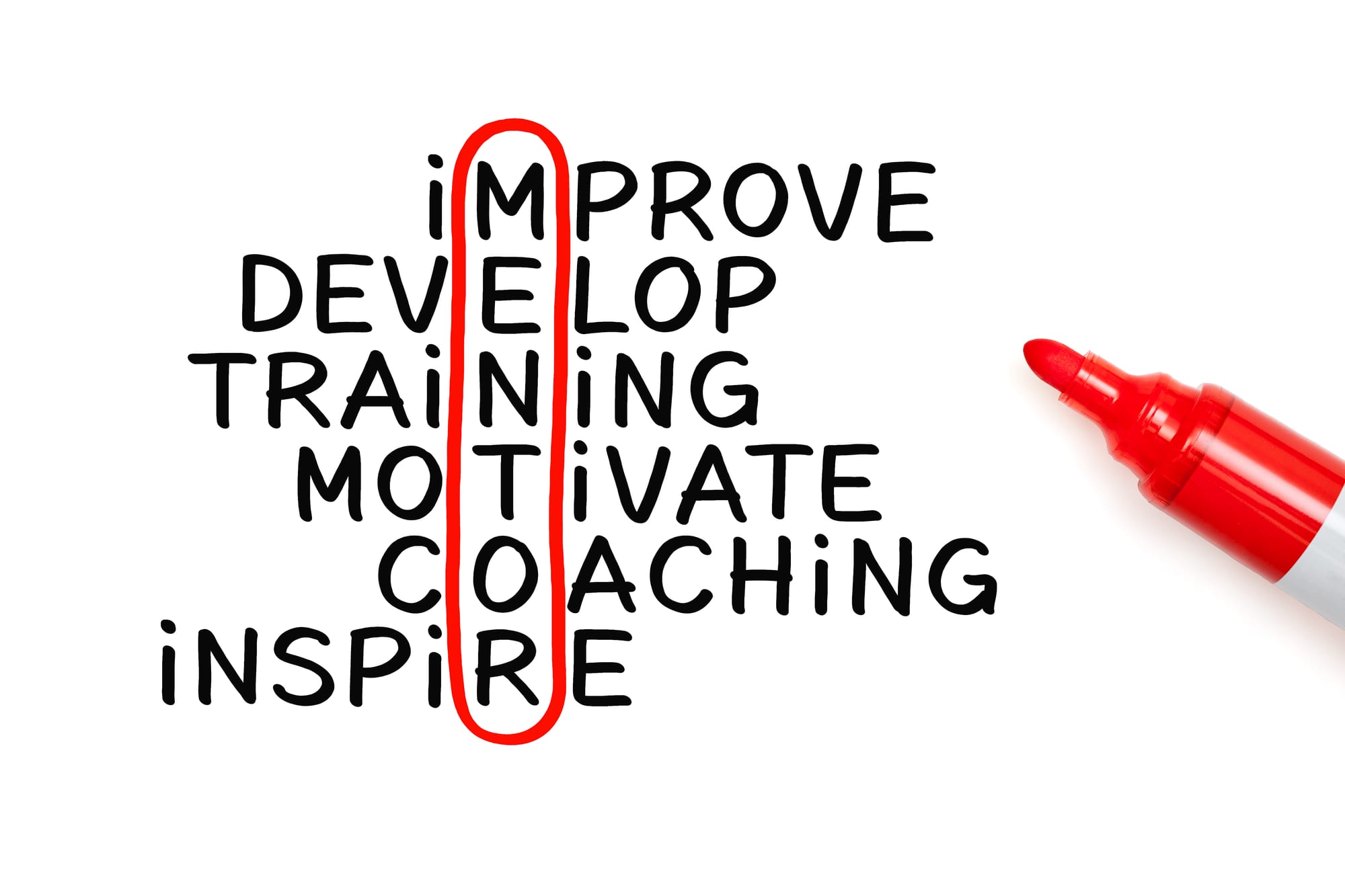Empowering Through Mentorship: The Game Changer's Approach

Empowering Through Mentorship: The Game Changer's Approach
Mentorship is a powerful tool for personal and professional development, providing a platform for growth and learning that benefits both mentor and mentee. An effective mentorship program can transform lives, influencing career trajectories and fostering a culture of continuous improvement and support within organizations and communities. Here, we explore various strategies and tips to enhance the effectiveness of mentorship, turning it into a game-changing approach for empowerment.
- Establish Clear Objectives
Before initiating a mentorship relationship, it is crucial to set clear goals and objectives. This provides a roadmap for both parties, ensuring that the mentorship remains focused and productive. Goals could range from developing specific skills, navigating career progression, enhancing leadership abilities, or increasing industry knowledge. Objectives should be SMART (Specific, Measurable, Achievable, Relevant, and Time-bound) to facilitate real progress.
- Select the Right Mentor
The impact of mentorship is significantly influenced by the compatibility between mentor and mentee. A mentor should not just possess the necessary experience and expertise, but also the right temperament and communication skills to connect with the mentee. Organizations should consider personality matches and professional alignment when pairing mentors and mentees to maximize the effectiveness of their mentorship programs.
- Encourage Open and Honest Communication
Transparency is essential in mentorship. Both parties need to feel comfortable sharing successes, failures, fears, and uncertainties. This openness paves the way for trust and respect, which are fundamental to any mentorship. It also ensures that the mentee can receive constructive feedback without negative repercussions, fostering a growth-oriented environment.
- Promote Mutual Learning
Mentorship should not be viewed as a one-way street where only the mentee learns. Effective mentorship involves learning and benefits for mentors as well. This bidirectional exchange can lead to new insights, ideas, and understanding, thus improving the mentor's leadership and coaching skills while providing real-world experiences to the mentee.
- Commitment and Consistency
The best results from mentorship come from consistency and dedication. Regular meetings and check-ins ensure that the mentorship maintains momentum and doesn’t fall by the wayside. Scheduling regular sessions and sticking to them gives structure to the relationship, aids in the achievement of goals, and provides ongoing support for the mentee.
- Provide Real-World Challenges
To truly empower and push for growth, mentors should expose mentees to real-life challenges and scenarios within their sphere of influence or expertise. This helps mentees understand the practical implications of their learnings and apply their skills in a controlled, supportive environment. Challenges should match the mentee’s career stage, interests, and goals, ensuring relevance and optimal learning outcomes.
- Feedback is Key
Feedback in mentorship is two-fold; mentors should provide timely and constructive feedback to mentees, and mentors should also be open to receiving feedback on their mentoring style and effectiveness. This reflective practice helps both parties evolve and adapt their strategies, magnifying the impact of the mentorship.
- Encourage Network Building
One of the most valuable aspects of mentorship is network expansion. Mentors should introduce mentees to professional networks, which can provide additional resources, support, and opportunities. This helps mentees to establish their own connections, essential for career development and personal growth.
- Focus on Professional and Personal Growth
While the primary focus of mentorship might be professional development, personal growth is equally important. Mentors can guide mentees in developing soft skills like time management, resilience, and communication, which are crucial for all-round development and success.
- Sustain the Relationship
While formal mentorship programs might have a set duration, the value of a sustained mentor-mentee relationship can extend far beyond. Continued guidance, even informally, can be invaluable. Encouraging a culture where former mentees feel comfortable reaching out to mentors ensures ongoing support and lifelong learning and networking benefits.
Mentorship is a dynamic and impactful tool when executed with intention and precision. It requires commitment, openness, and a willingness to learn from both mentors and mentees. By following these strategies, mentorship can evolve into a powerful means of empowerment, driving personal and professional growth that can be truly transformational. Implementing these tips will help create a mentorship program that not only meets but exceeds expectations, fostering an environment where mentors and mentees thrive together.
